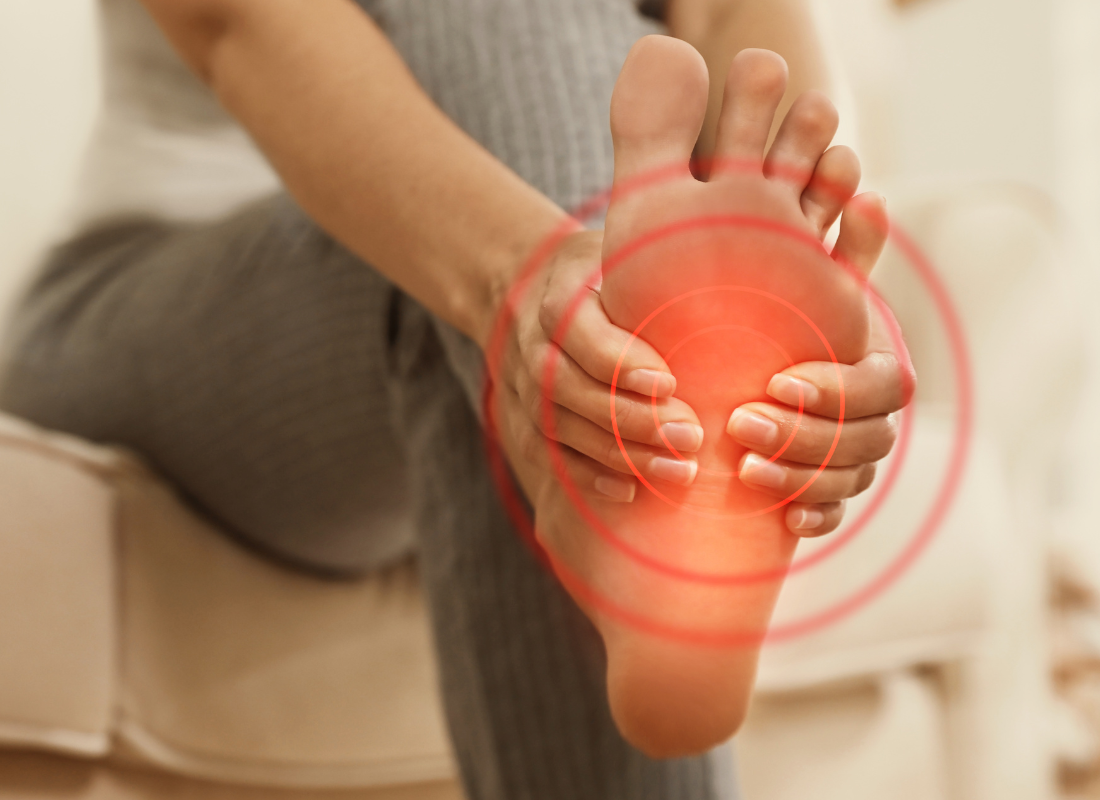Why does chronic kidney disease happen?
Chronic kidney disease (CKD) is a condition that affects millions of people worldwide, with an estimated 10% of the global population suffering from it. CKD is a progressive and irreversible condition that affects the kidneys' ability to filter waste products from the blood effectively. In this article, we will explore the various factors that contribute to the development of chronic kidney disease.
The kidneys are vital organs that perform several essential functions in the body, including filtering waste products from the blood, regulating fluid balance, and producing hormones that regulate blood pressure and red blood cell production. CKD occurs when the kidneys are damaged or unable to function correctly, leading to the accumulation of waste products and fluid in the body, and other complications.
Causes of Chronic Kidney Disease
Chronic kidney disease can be caused by a number of factors, including:
Diabetes: Diabetes is the leading cause of CKD, accounting for approximately 40% of all cases. High blood sugar levels over an extended period can damage the small blood vessels in the kidneys, leading to CKD.
High blood pressure: High blood pressure can also damage the small blood vessels in the kidneys, leading to CKD. It is the second most common cause of CKD, accounting for approximately 25% of all cases.
Glomerulonephritis: Glomerulonephritis is a condition where the kidneys' filtering units, called glomeruli, become inflamed and damaged, leading to CKD.
Polycystic kidney disease: Polycystic kidney disease is a genetic disorder that causes the growth of numerous cysts in the kidneys, leading to CKD.
Kidney infections: Chronic kidney infections can cause scarring of the kidneys, leading to CKD.
Other causes: Other causes of CKD include urinary tract obstructions, prolonged use of certain medications, and autoimmune disorders.
Symptoms of Chronic Kidney Disease
- Fatigue and weakness
- Nausea and vomiting
- Loss of appetite
- Sleeping problems
- Swelling in the feet and ankles
- Itchy skin
- High blood pressure
- Changes in urine output
- Shortness of breath
- Muscle cramps
Treatment for Chronic Kidney Disease
Unfortunately, there is no cure for CKD, and treatment aims to slow down the progression of the condition and manage its symptoms. Treatment options may include:
Medications: Medications may be prescribed to control high blood pressure, lower cholesterol levels, and manage other complications.
Lifestyle changes: Lifestyle changes, such as quitting smoking, maintaining a healthy weight, and exercising regularly, can help manage CKD and its symptoms.
Dialysis: In cases where the kidneys are no longer functioning correctly, dialysis may be required to filter waste products from the blood.
Kidney transplant: In severe cases of CKD, a kidney transplant may be necessary to replace the damaged kidney with a healthy one.
Consult a nephrologist if you are looking for chronic kidney disease treatment and live a better life.
Conclusion
Chronic kidney disease is a serious condition that can have significant impacts on a person's health and well-being. The condition is caused by several factors, including diabetes, high blood pressure, and glomerulonephritis. Symptoms may include fatigue, nausea, loss of appetite, and high blood pressure.
While there is no cure for CKD, treatment options are available to slow down the progression of the condition and manage its symptoms. If you suspect you may have CKD, it is essential to speak to your healthcare provider for proper diagnosis and treatment.



.png)
Comments
Post a Comment